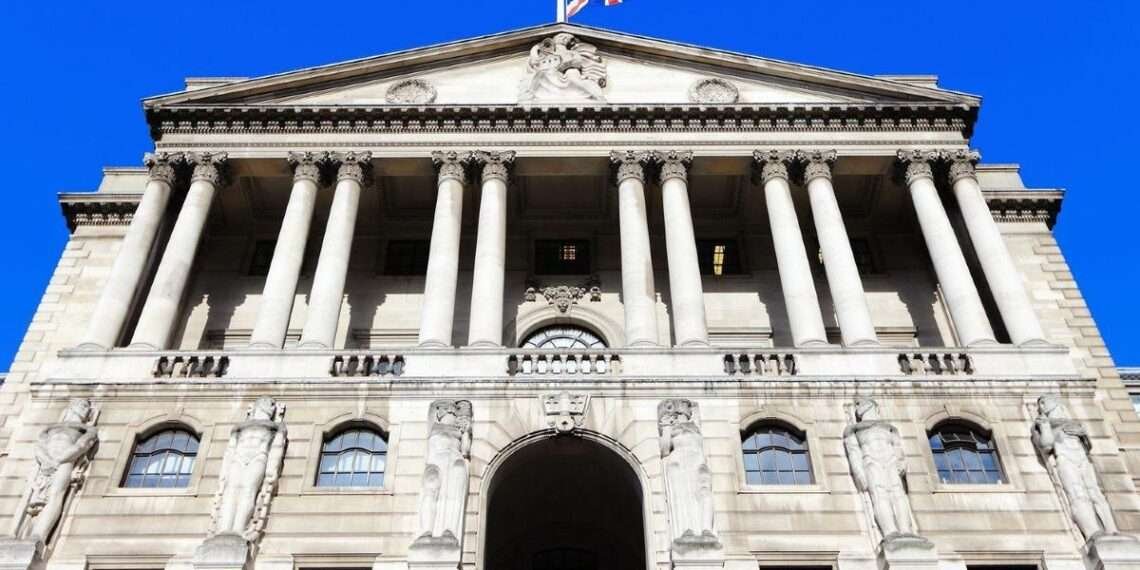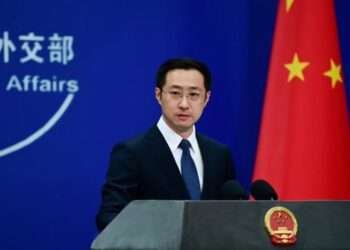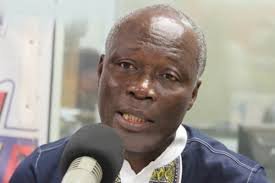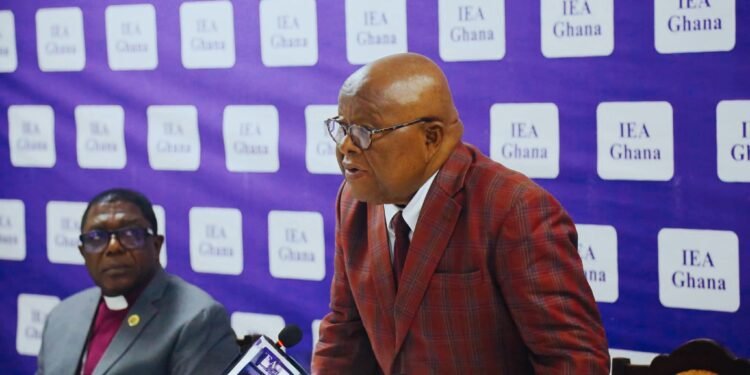The Bank of England (BOE) has given an ultimatum of one year, for the bearers of £20 and £50 old notes, to either spend, or deposit the notes with the banks, as the BOE withdraws the old notes from circulation.
The new polymer notes featuring artist J.M.W. Turner on the £20 notes and mathematician Alan Turing on the £50 notes will replace the old notes. The shops will no longer accept old notes after 30th September 2022, the Bank disclosed.
The £50 notes have been in circulation since June 2021, whereas the £20 pound notes have been in circulation since February 2020.
Meanwhile, the old £20 and £50 notes are the last versions with polymer alternative kind, to hold legal tender status, after the Bank migrated to the polymer series that provides better security and longer life span.
“We [BOE] have issued new £20 and £50 notes made of polymer. 30th September 2022 is the last day you can use our [BOE] paper £20 and £50 notes.”
Bank of England
However, after the deadline in September next year, individuals with UK bank accounts will still be able to deposit withdrawn old notes into their bank accounts.
Some Post Offices across the country may also accept the withdrawn old notes as payment for goods and services, and perhaps into accounts accessed via their operations, the Bank hinted.

Exchanging old £20 and £50 notes
Considering the foregoing, currency exchange options such as depositing old paper notes in banks, or exchanging them at the BOE, have become available to holders of the old pounds.
“If you have a UK bank account, the simplest and quickest way to exchange your notes will normally be to deposit them with your bank”, or it can be sent by post to the BOE for exchange, the Bank disclosed.
However, the BOE admonished individuals who intend to exchange their currencies by post to “be aware, the banknotes are sent at your own risk. So please take appropriate measures to insure against loss or theft”.
People and institutions who prefer to send old pounds by post should ensure the completion of all mandatory forms. And accompany the posted sums with the completed forms.
With regards to Pound Sterling bearers living overseas, the BOE has provided the avenue of using international bank transfer channels, to help exchange funds. It is important to note that, “we [BOE] do not send banknotes overseas”.
“For payments to an overseas bank account, please provide the BIC/SWIFT Code and IBAN or Account number. Please note, we [BOE] can only pay into accounts that accept sterling (GBP).”
Bank of England
Meanwhile, the Bank disclosed there are no charges associated with the transfer services provision from its end. However, local banks or their intermediaries may charge for their services.

The banknotes’ history
This will not be the first time the Bank of England has chosen to withdraw banknotes from circulation. The BOE withdrew the £10 Series V, £5 Series E (Variant) and the £20 Series E (Variant) among others before April 2018.
Before the new notes came into circulation, the BOE in 2019 announced the Bank has selected code breaker Alan Turing, among 1000 eligible names, to be printed on the £50 notes.
Turing, as reports disclosed, was best known for his ability to break codes during the World War Two (WWII). He is also known for playing a pivotal role of providing theoretical underpinnings for the developments of early computers.
After the decision to use J.M.W Turner was made, the then BOE’s Governor, Mark Carney stated that “I am delighted to announce that J.M.W. Turner has been chosen to appear on the next £20 note”.
Turner, as Carney disclosed “is perhaps the single most influential British artist of all time. His work was transformative, bridging the classical and modern worlds”.
READ ALSO: Ghana to Use US$300 Million Out of its SDR Allocation – Dr. Ernest Addison























